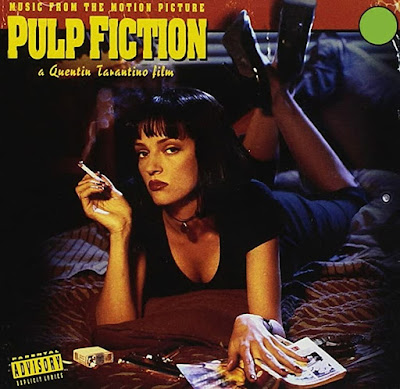September 27, 2009: Israel Kamakawiwoʻole's "Somewhere Over the Rainbow / What a Wonderful World" reached Number 12 on Billboard's Hot Digital Tracks.
Israel "Iz" Kamakawiwoʻole was a singer and activist of Hawaiian ancestry who embodied the words "gentle giant."
Kamakawiwo'ole's most famous song was a ukelele cover of "Somewhere Over the Rainbow," first made famous by Judy Garland for the 1938 movie The Wizard of Oz.
Read more: Inverse
September 27, 1975: "Wasted Days and Wasted Nights" by Freddy Fender was Number 1 on the Billboard's country chart and peaked at Number 8 on their single's chart.
Freddy Fender recorded a smoky R&B version of "Wasted Days and Wasted Nights" that became a minor hit in 1960, but a marijuana bust a few months later sent him to prison for three years. By the time he got out, his career was seemingly over, though he continued to play music part-time. In 1975 Fender managed to score a huge hit with “Before the Next Teardrop Falls,” and afterward he rerecorded “Wasted Days and Wasted Nights.”
Read more: Texas Monthly
September 27, 1980: Supertramp made a big move from Number 67 to 46 on the US music chart with "Dreamer."
Dreamer is credited jointly to both Hodgson and Davies. “We wrote separately so it seemed more democratic to list everything as co-writes, the way Lennon and McCartney did,” Hodgson explains.
With help from John Peel and an appearance on BBC TV’s The Old Grey Whistle Test, Dreamer was a smash single in the UK, and helped propel the Crime Of The Century album to No.4. In America the song wouldn’t become popular until Breakfast In America five years later went to No.1 there.
Read more: Louder Sound
September 27, 1986: "Walk This Way" by Run-D.M.C. & Aerosmith peaked at Number 4 on Billboard's singles chart.
When Aerosmith manager Tim Collins answered his phone one day in early 1986, he was, at first, confused.
Run-D.M.C. & Aerosmith
The voice on the other end belonged to Rick Rubin, the 22-year-old hip-hop producer and entrepreneur behind Def Jam. Rubin, a rock kid who’d grown up on the gonzo kicks of AC/DC, Ted Nugent and Aerosmith themselves, wanted to talk to Collins about the idea of remaking his charges’ 1975 single Walk This Way with a rap group on his roster, Run-DMC.
Read more: The Guardian
September 27, 1994: Music from the Motion Picture Pulp Fiction soundtrack album by various artists was released.
The soundtrack to Quentin Tarantino's darkly funny crime classic Pulp Fiction manages to re-create the film's wildly careening sense of style, violence, and humor by concentrating on the surf music that comprises the bulk of the movie's incidental music and adding a few sexy oldies integral to the film's story ("Let's Stay Together," "Son of a Preacher Man," "You Never Can Tell"). Of course, the inclusion of dialogue and Urge Overkill's seductive cover of Neil Diamond's "Girl, You'll Be a Woman Soon" doesn't hurt either.
Read more: Allmusic
Somewhere Over the Rainbow
Israel "IZ" Kamakawiwoʻole





No comments:
Post a Comment